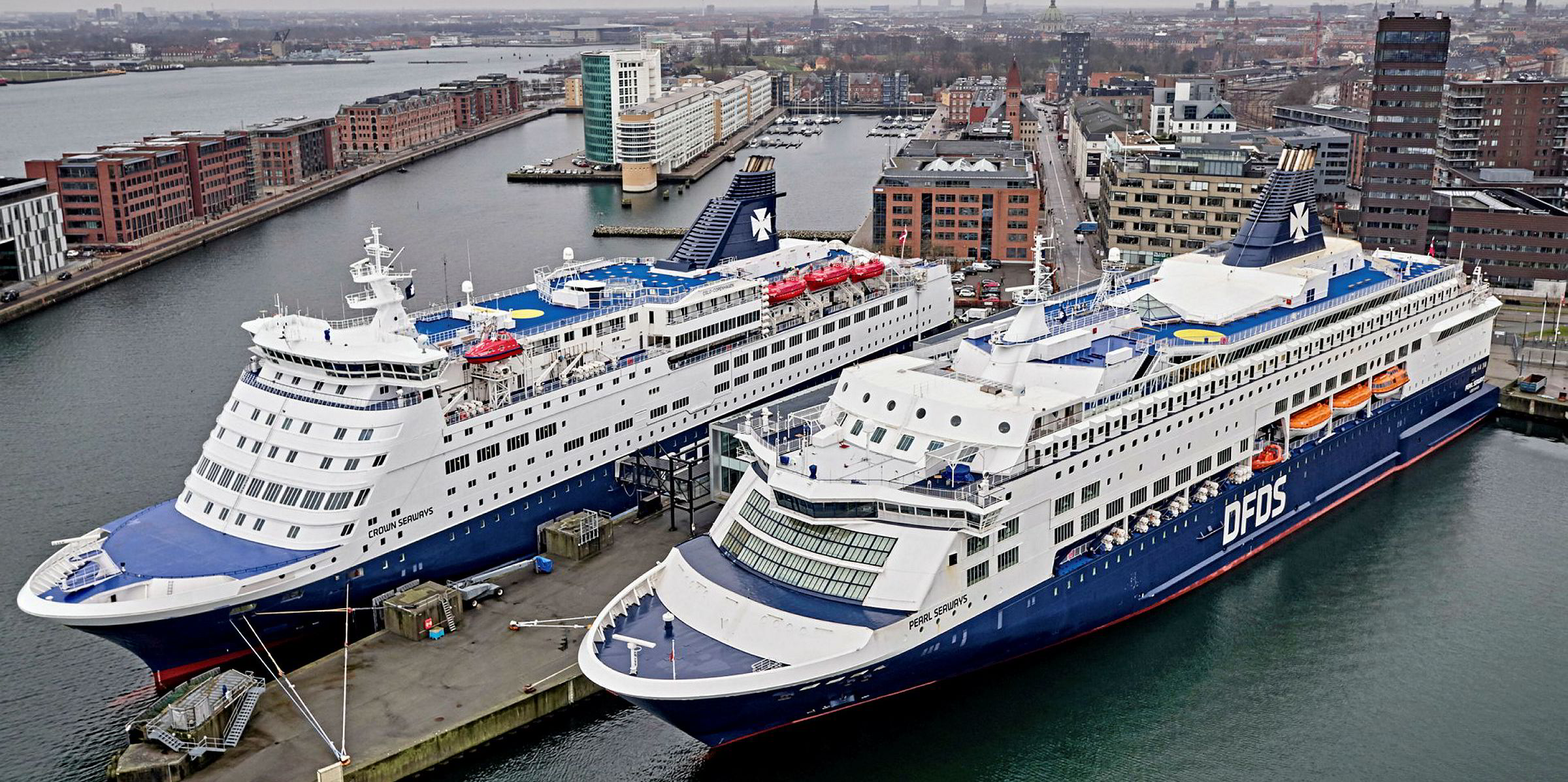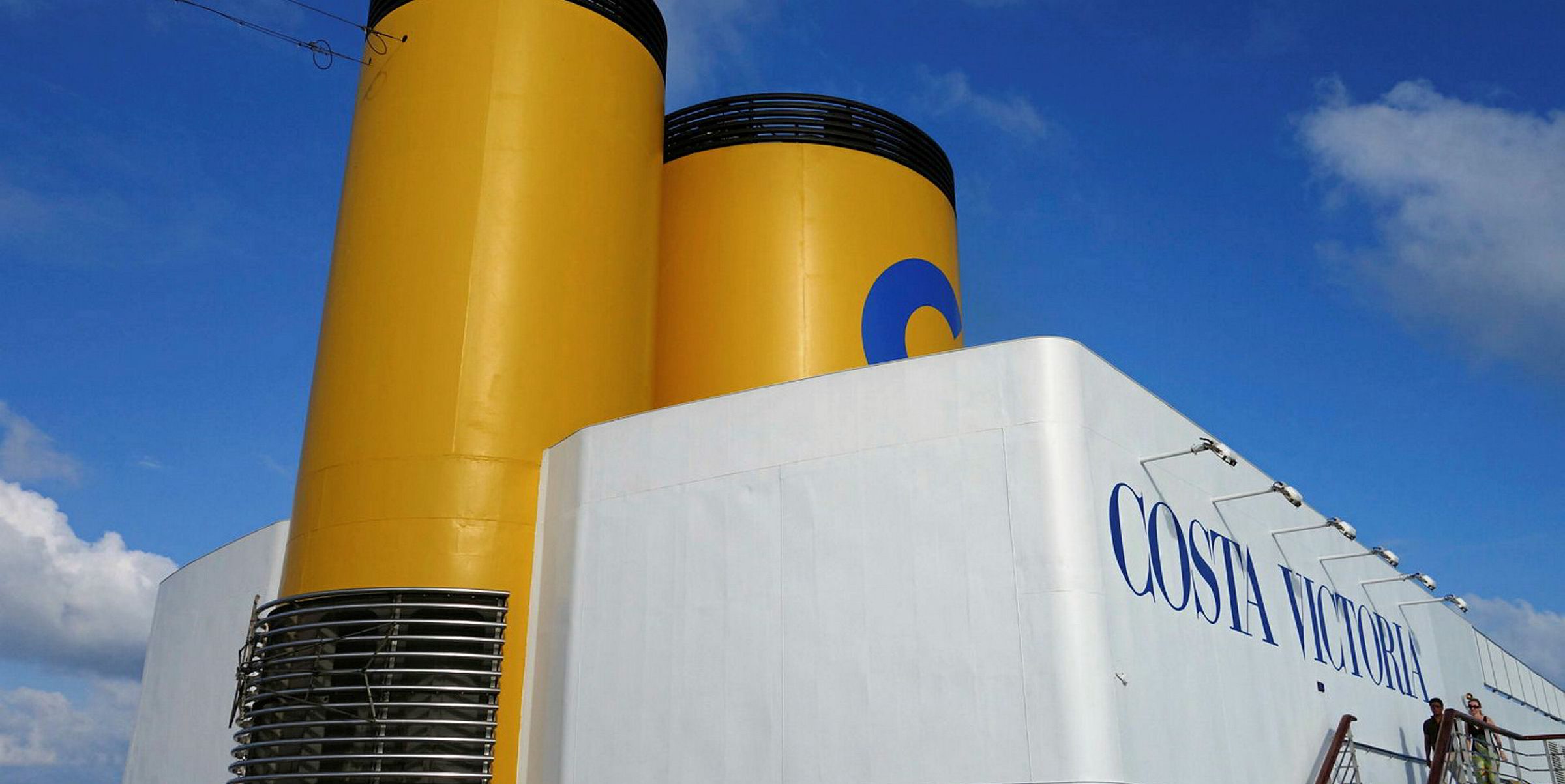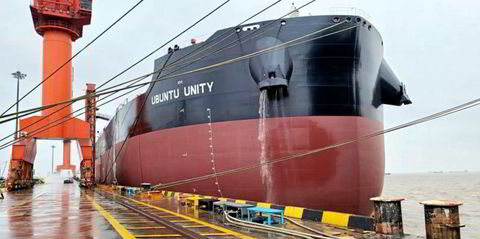Ro-ro owner DFDS is to make 8% of its workforce redundant as part of post-pandemic cost-saving measures, which it hopes will save up to $11m.
The Danish company has announced "a plan with a longer perspective" through which it aims to save between DKK 50m and DKK 75m ($11m), on top of efficiency measures announced earlier this year.
It said on Monday that it will cut around 650 of its 8,600 employees "in the coming months".
This figure includes 200 jobs that will be lost in Denmark as DFDS exits the Danish furloughing scheme on 29 June.
Long-term growth
The company expects to log a one-off redundancy cost of around DKK 100m in 2020, which will be recorded under special items.
DFDS warned in May that its full-year earnings before capital investment costs (Ebitda) could fall by up to DKK 1.6bn compared with 2019, due to impacts from the Covid-19 pandemic.
“Our initial response to Covid-19 has been successful. We now take further steps to restore long-term growth and efficiency," chief executive Torben Carlsen said on Monday.
"At the same time, we continue to monitor new opportunities that may arise."
As part of the latest round of cost-cutting, DFDS will combine industry sales of large freight customer solutions, involving both ferry and logistics operations, into one unit that will be part of its logistics division.
This, it said, will drive sales across the organisation and create a "stronger commercial focus" by streamlining overlapping functions.
Optimising freight and logistics operations

The other adaptations to cope with the fallout from the Covid-19 crisis include optimising its freight and logistics operations, especially at port terminals and in haulage.
The company will also simplify its onboard concepts and offerings for passengers, among other efficiency measures.
DFDS expects to book DKK 2bn in Ebitda before special items this year, which is almost half of last year's level.
It noted that this outlook could still change "significantly" in the second half because "uncertainty remains exceptionally high, particularly for passenger travel".
However, it said freight volumes in most areas have been "above expectations" in the second quarter and five of the 12 freight ferries laid up in March and April have been redeployed.
One of DFDS' passenger routes, Oslo-Frederikshavn-Copenhagen, reopened on 25 June.
The reopening of the second passenger route, Amsterdam-Newcastle, and for non-essential travel on the English Channel is contingent on an easing of UK and European Union travel restrictions.
DFDS plans to report financial results for the second quarter on 12 August.







